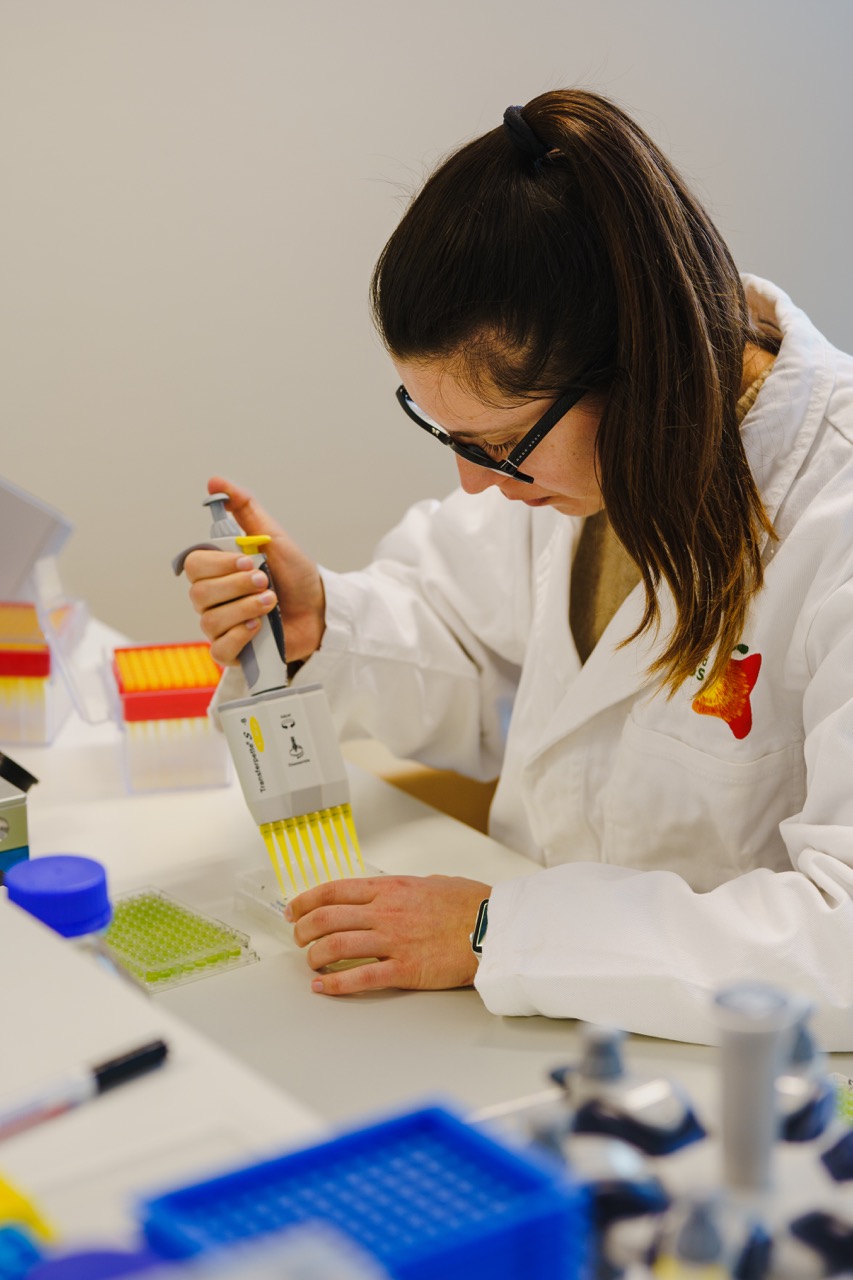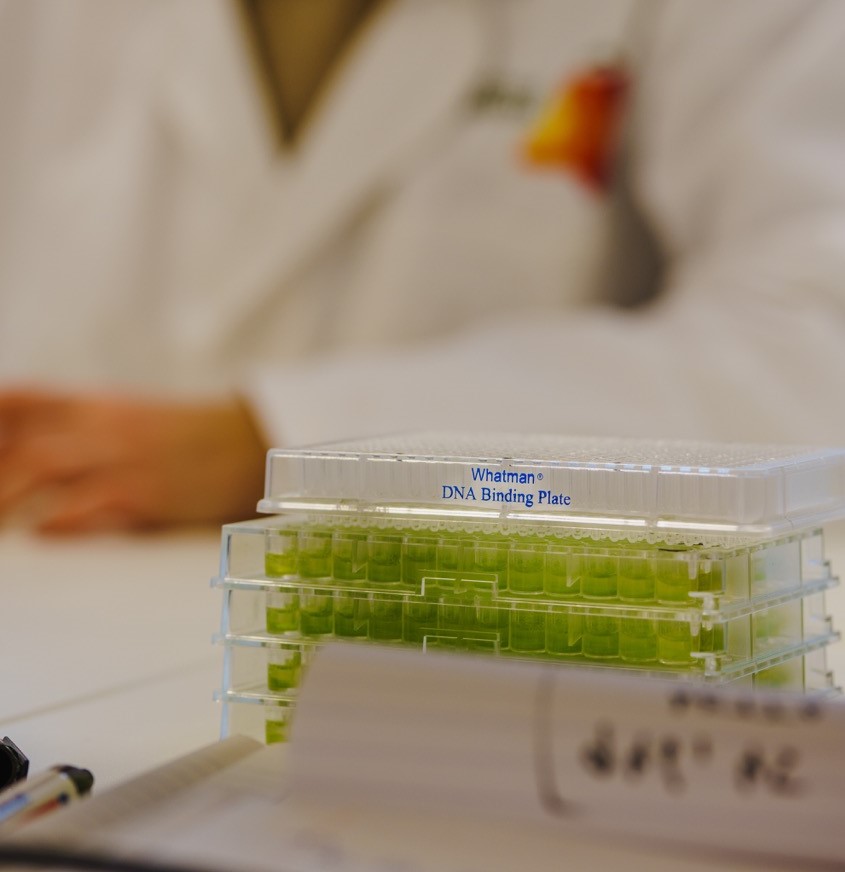Enhancing Plant Breeding with PCR Tests: A Look into Pepper Hybridization

February 16, 2023
Enhancing Plant Breeding with PCR Tests: A Look into Pepper Hybridization
PCR tests in the hybrid seed production
PCR tests are an essential tool for plant breeders and researchers who want to develop new varieties of plants that are resistant to disease and pests. PCR stands for Polymerase Chain Reaction, which is a laboratory technique that allows scientists to amplify a specific segment of DNA from a sample of plant tissue.
This technique has revolutionized plant breeding by allowing breeders to identify plants that have desirable traits, such as disease resistance or higher yields, at an early stage in their development.
Our research and development department is dedicated to developing new varieties of peppers that are more productive, more disease-resistant, and more appealing to consumers.
To achieve this, we rely on a combination of traditional breeding techniques and the latest advances in biotechnology, including PCR tests.

PCR test in creating better pepper varieties
Judith van der Hout, our junior breeder, explains that our breeding program is focused on developing hybrid pepper seeds that combine the best traits from different parent plants.
Hybrids are created by crossing two different varieties of the same plant species and the resulting offspring often exhibit superior traits, such as higher yields or better disease resistance, compared to their parents.
Our goal is to create hybrids that are not only more productive but also more resilient to environmental stressors, such as drought, heat, and cold.
PCR test on the way to high quality pepper seeds
To achieve this, we start by identifying parental lines that have desirable traits. PCR tests are used on the parent plants to identify the genetic markers associated with the traits we are looking for. In the next stage we cross them with each other to create a new hybrid.
Justyna Lesniewska, our R&D specialist responsible for quality and resistance, explains that PCR tests are also used on the hybrid plants as a final check to ensure that the desired traits have been successfully inherited.
For example, when we are developing a pepper variety that is resistant to a specific disease, we can use PCR tests to identify the genetic markers that are associated with resistance to that disease. This allows us to identify the best plants at an early stage in their development, which saves time and resources.

PCR tests helping maintaining healthy crops
In addition to identifying genetic markers, PCR tests are also useful for detecting plant pathogens, such as viruses and bacteria. This is important because many plant diseases are caused by these pathogens, and early detection is essential for preventing the spread of the disease.
No pepper seeds production without PCR tests
In conclusion, PCR tests are a valuable tool for plant breeders and researchers who want to develop new varieties of species that are more productive, more disease-resistant, and more resilient to environmental stressors.
By combining traditional breeding techniques with the latest advances in biotechnology, we can create new hybrid plants that have the best traits from different parent plants.
These applications save time and resources and enable us to develop new plant varieties that are better for farmers and consumers alike.
